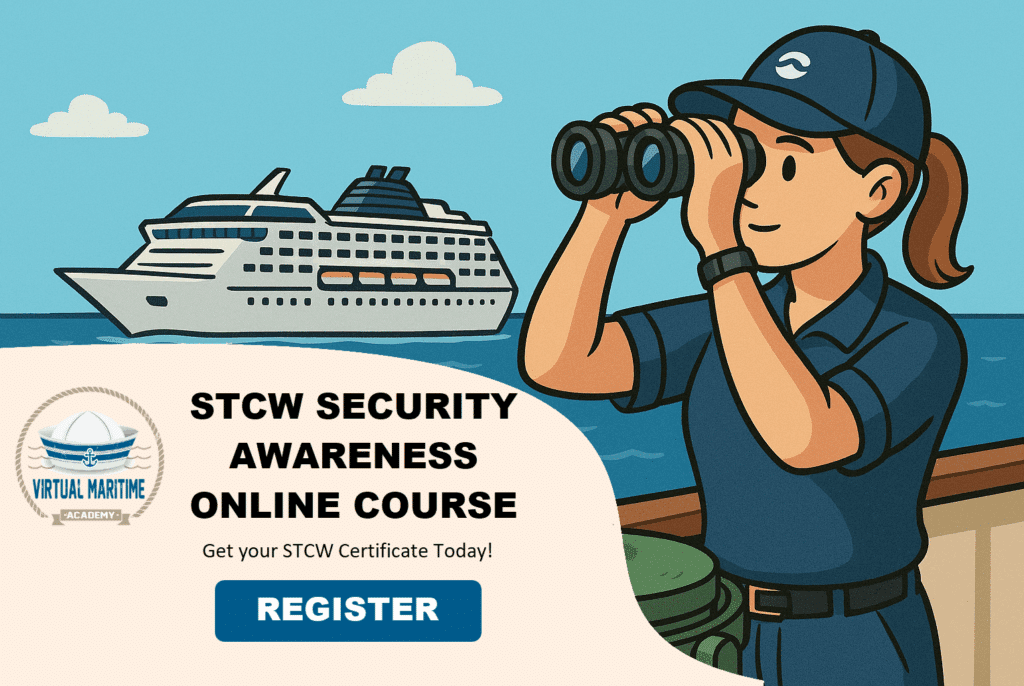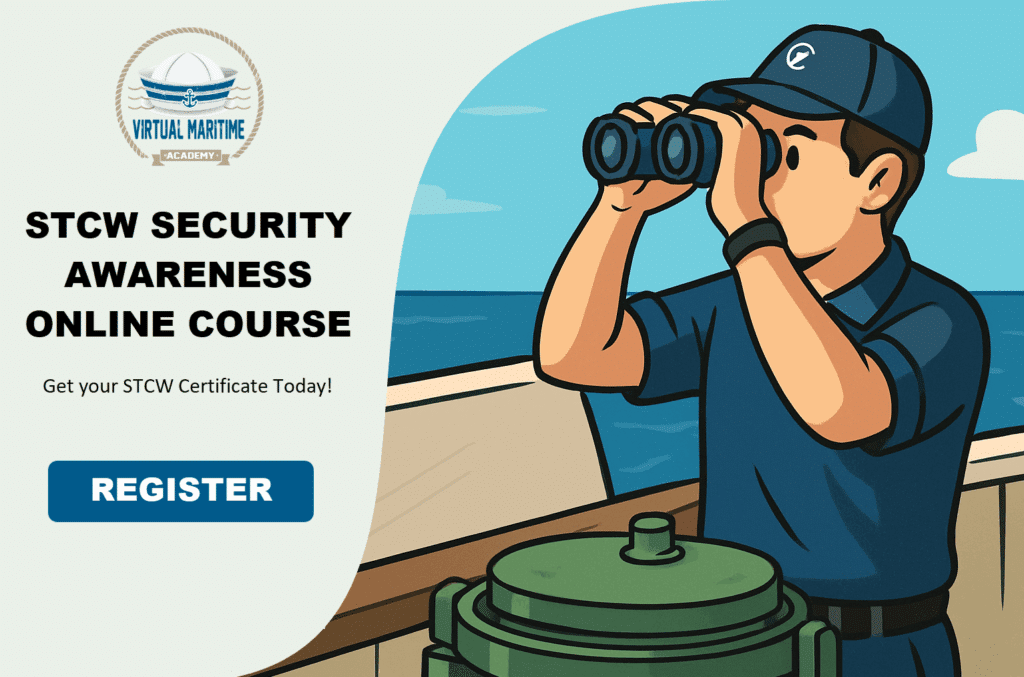In today’s increasingly interconnected world, the need for robust security measures in port and marine facilities has never been greater. As international trade grows, so do the risks associated with maritime operations, making the role of a Port Facility Security Officer (PFSO) or Marine Facility Security Officer (MFSO) critical in safeguarding our waters. If you’re interested in navigating a career that combines maritime operations, security protocols, and regulatory compliance, this guide will provide you with valuable insights into becoming a port security expert. From understanding the responsibilities of a PFSO/MFSO to exploring essential skills and career development opportunities, prepare to embark on your journey toward expertise in port security.
Learn more about our Courses here!
Key Takeaways
- A Port Facility Security Officer plays a critical role in safeguarding marine facilities.
- Essential skills for PFSOs/MFSOs include risk assessment, communication, and emergency response capabilities.
- Implementing best practices in port security management enhances safety and operational efficiency.
- Career development in port security offers diverse opportunities for advancement and specialization.
- Continuous training and staying updated with regulations are vital for success as a port security expert.
Understanding the Role of a Port Facility Security Officer
Becoming a Port Security Expert: Your Guide to Port / Marine Facility Security Officer (PFSO/MFSO) requires a deep understanding of the multifaceted role that a Port Facility Security Officer (PFSO) or Marine Facility Security Officer (MFSO) plays in safeguarding maritime operations. These professionals are tasked with ensuring the safety and security of port facilities, which includes managing risks associated with potential threats, implementing security measures, and coordinating emergency responses. A successful PFSO/MFSO must possess a strong grasp of security regulations, risk assessment methodologies, and the intricacies of maritime law. As international shipping continues to grow, so does the complexity of threats faced by port facilities, making the role of a Port Security Expert more critical than ever. This guide offers valuable insights into the required training, certifications, and best practices necessary for those aspiring to excel in this vital career, positioning oneself at the forefront of marine facility security.
Essential Skills and Qualifications for PFSOs/MFSOs
Becoming a Port Security Expert: Your Guide to Port / Marine Facility Security Officer (PFSO/MFSO) requires a solid foundation in both security protocols and maritime operations. Essential skills for PFSOs and MFSOs include strong analytical abilities to assess security threats, effective communication skills for coordinating with various stakeholders, and leadership qualities to manage security teams efficiently. Additionally, a thorough understanding of the International Ship and Port Facility Security (ISPS) Code is crucial. Qualifications often include a background in law enforcement, military service, or previous security experience. Continuous professional development, such as specialized training programs in maritime security, can also enhance your expertise and career prospects. Gaining certifications from recognized institutions not only bolsters your knowledge but also improves your credibility as a port security expert, ultimately preparing you for the demands of this vital role.
Learn more about our Courses here!
Best Practices for Port Security Management
In today’s interconnected world, ensuring the security of port and marine facilities is more critical than ever. As threats evolve, becoming a Port Security Expert requires not only an understanding of the regulatory framework but also the adoption of best practices in port security management. Start by mastering the International Ship and Port Facility Security (ISPS) Code, which sets the baseline for port security measures. Engaging in continuous training and education is essential—consider obtaining certification as a Port Facility Security Officer (PFSO) or Marine Facility Security Officer (MFSO) to enhance your credibility and knowledge. Additionally, developing a robust communication plan ensures that all stakeholders are informed and prepared for potential security incidents. Regular risk assessments and the implementation of advanced surveillance technologies can significantly bolster your facility’s defenses. By following these guidelines, you will be well on your way to becoming a Port Security Expert, equipped to maintain the safety and security of marine operations effectively.
Career Development and Opportunities in Port Security
In today’s rapidly evolving security landscape, the role of a Port Security Expert has become pivotal for marine facilities worldwide. Becoming a Port Security Expert: Your Guide to Port / Marine Facility Security Officer (PFSO/MFSO) focuses on the essential qualifications and skills required to excel in this dynamic field. As international trade volumes soar, the importance of safeguarding port infrastructure against potential threats cannot be overstated. This career path offers a multitude of opportunities for individuals who are committed to a career in security, providing a range of roles from risk assessment to emergency management. Aspiring professionals are encouraged to pursue relevant certifications, such as the PFSO designation, combined with practical experience in maritime environments. Networking within this specialized community and staying updated on regulations—such as those established by the Maritime Transportation Security Act—will enhance your career prospects. Additionally, understanding the unique operational challenges faced by marine facilities will prepare candidates to address security needs effectively and respond to incidents in real-time. With the right training and commitment, you can embark on a rewarding journey in port security, contributing significantly to the safety of vital maritime operations.
About Virtual Maritime Academy
Virtual Maritime Academy is a leading provider of online maritime education and training, offering a wide range of courses designed to meet the needs of the global maritime industry. With a commitment to quality and innovation, Virtual Maritime Academy is dedicated to preparing seafarers and maritime professionals for success in their careers. Now a DNV Certified Maritime Training Provider, the academy upholds the highest standards of excellence in training and education.












